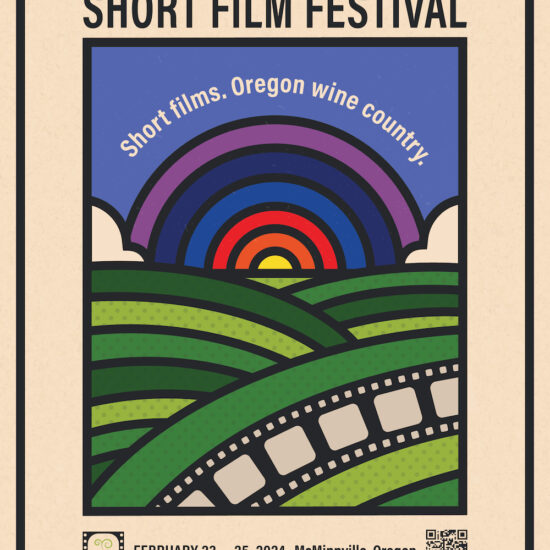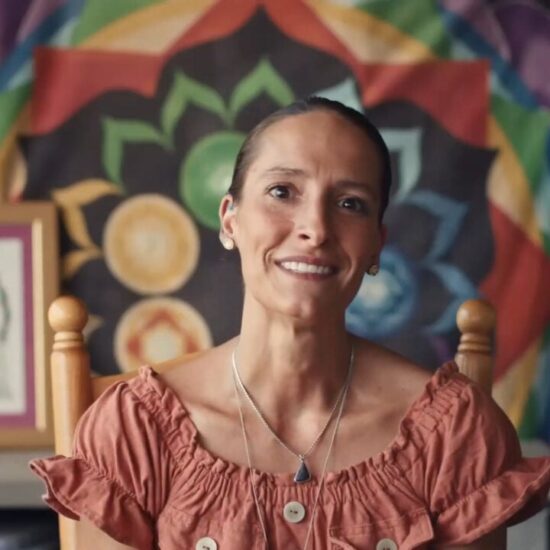
When it comes to accessibility for the disabled IDFA, by its own admission, is falling short.
During a panel discussion running as part of IDFA’s Industry program on Monday, the festival’s senior editor Julia Yudelman explained that the festival had an accessibility audit done in 2019. That led to a list of recommendations on how to make IDFA and its market organizations more accessible. The fest also worked with a consultant who helped formulate a five-year plan to make the festival more inclusive both physically and virtually. But despite the efforts, Yudelman said, “We are still really behind at IDFA when it comes to accessibility.”
Industry markets like IDFA are a prime meeting ground for filmmakers when it comes to networking, knowledge-sharing and building a community. But accessibility issues faced by disabled attendees, not only at IDFA but at film festivals around the world, make it difficult, sometimes impossible, for them to attend or participate.
Amanda Upson, the interim director of the documentary disability rights organization FWD-Doc, said one problem is how people perceive people with a disability.
“When people think of disabled people in the world, they think that it’s not many when in reality the disability market is larger than China,” said Upson. “There are 1.4 billion disabled people in the world holding 13 trillion dollars in disposable income.”
Upson added that although efforts are being made, “rampant inaccessibility is preventing disabled attendees from participating fully — a detriment to career advancement, the entertainment industry and cultural representation.”
Launched in 2020, FWD-Doc is a collective of documentarians founded by filmmakers including “Crip Camp” director Jim LeBrecht and “Art & Krimes by Krimes” helmer Alysa Nahmias. The organization’s goal is to increase infrastructure and build a community that fully supports filmmakers with disabilities.
“We have over 600 members,” said Upson. “The majority are filmmakers with disabilities. I’ve seen their work. There’s not a lack of talent. Their projects should be here. If we had more easily accessible events and festivals, we would see more projects from disabled people.”
One man in the audience, who was in a wheelchair, described the accessibility at IDFA as “hyper passive aggressive.” He referenced a sign outside an elevator within the Felix Meritis building where the IDFA Forum was held. The sign read: “We advise you to take the stairs (free workout!) due to the use of the elevator by our staff. But feel free to use the elevator if you want to.”
Other areas of concern brought up by panelists that included Upson, Yudelman, Kristýna Genttnerová (One World International Human Rights Documentary Film Festival), and Adi Hollander (Haptic Room Studies) were website accessibility; in-person venue accessibility; in-person film, panel, and Q&A accessibility; virtual event accessibility; and overall event interaction.
Yudelman said that she hopes IDFA will eventually hire an accessibility coordinator.
“That’s something we are working towards as a group,” she said. “I hope that by saying that out loud and saying all the reasons why we need one out loud, that it is heard by my colleagues at the festival.”
In recent years several film festivals, including Cannes and Sundance, have been criticized for their lack of accessibility.
FWD-Doc released a statement during Cannes 2022 that said although new efforts are being made, “rampant inaccessibility is preventing disabled attendees from participating fully — a detriment to career advancement, the entertainment industry, and cultural representation.”
Cannes attendees with disabilities reported a number of barriers on the ground, including: an in-person registration window that was 5′ off the ground, requiring one to stand.
FWD-Doc brought an “Accessibility Scorecard” to IDFA to help U.S. and international film festivals assess and improve their accessibility measures by gathering data from festival participants (such as speakers and filmmakers) and attendees that will be fed back to organizers in order to increase their awareness of how accessible their events are.
“How do we recognize our own ableism?” Yudelman said. “How do you start by saying what are the questions that we are not asking ourselves that we need to address in order to start looking at these things that need fixing? I think it comes down to the bigger questions, institutional questions.”












